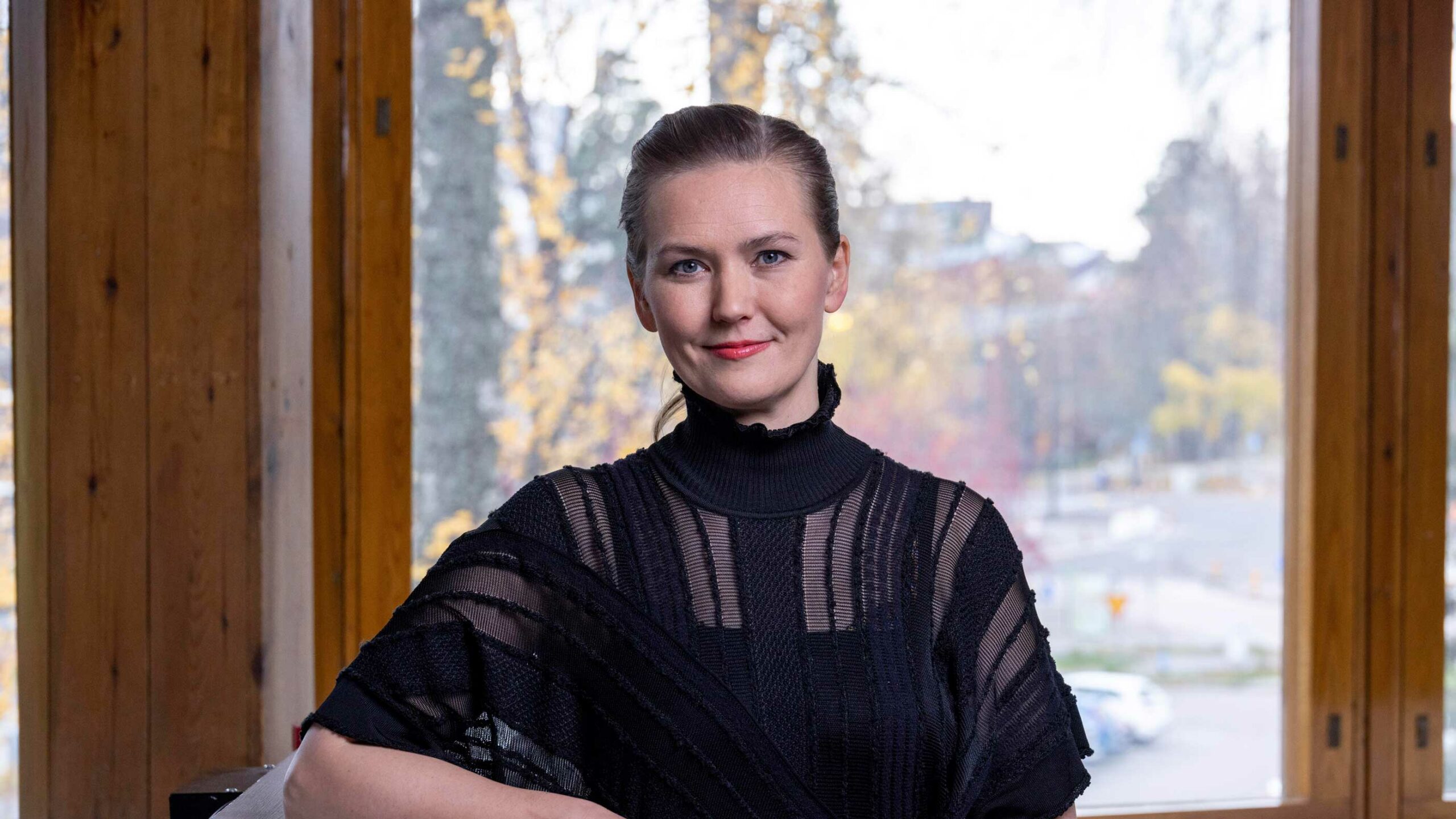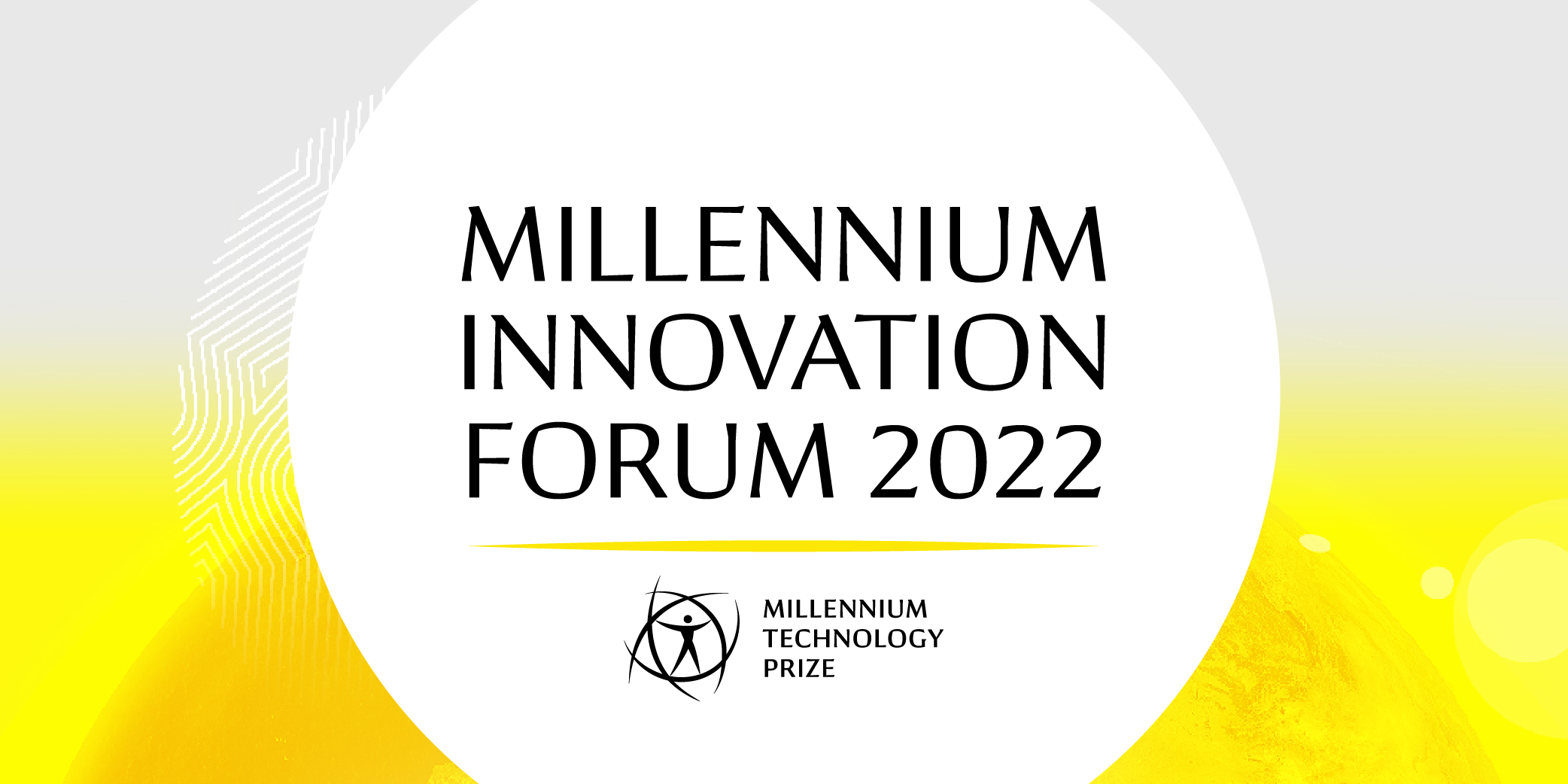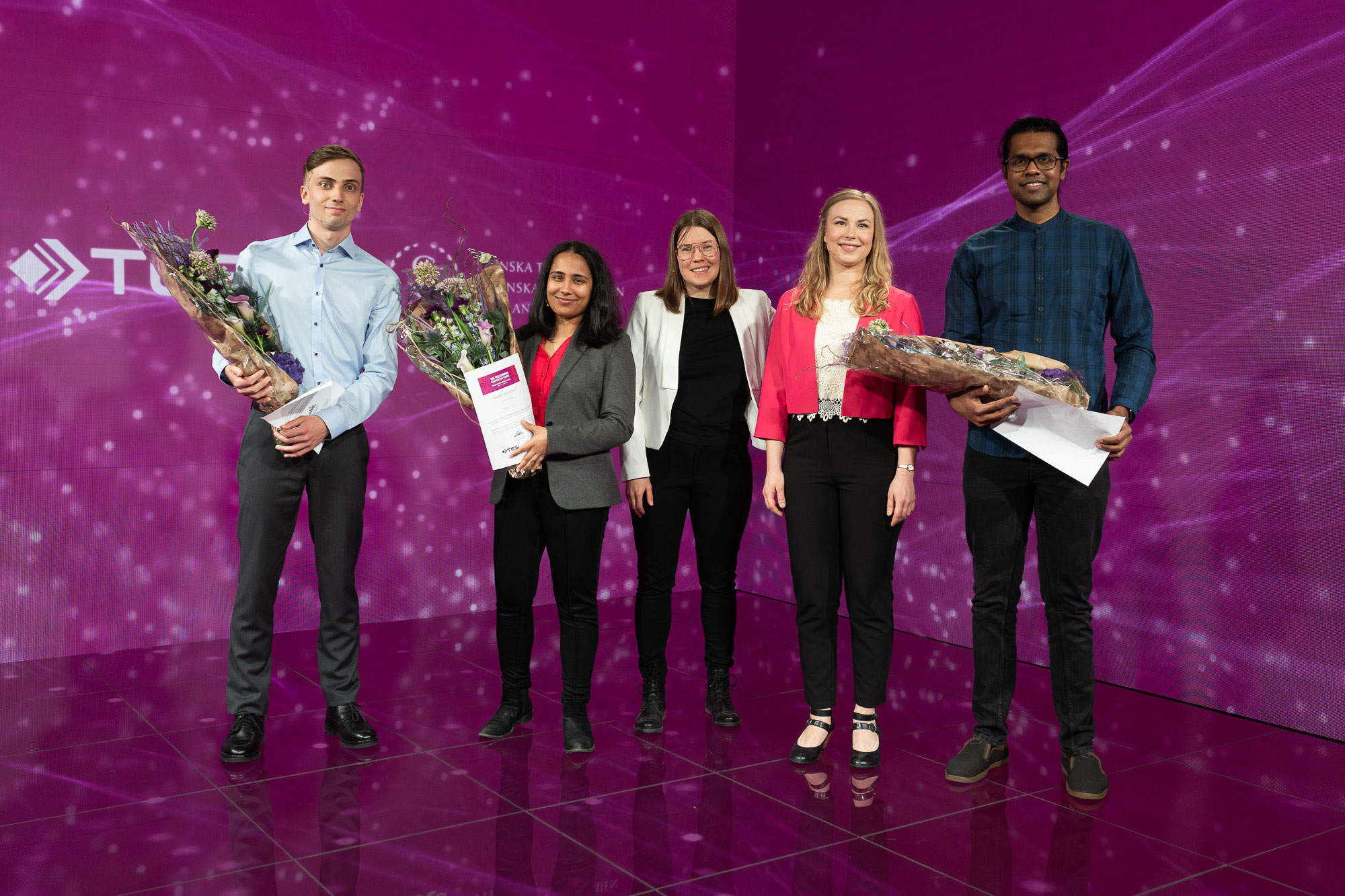Blog: We need a big-picture analysis for electric vehicles

Mari Lundström is a professor of metallurgy at Aalto University and the Vice Dean for Research and Innovation at the School of Chemical Engineering. Photo: Mikko Raskinen, Aalto University
Like many other consumer decisions, whether the purchase of an electric car is an environmentally friendly choice depends on many factors. There are two major questions to consider.
The first is where the electricity powering the car comes from. The potential benefit thus depends on the local and national electricity production system, which determines whether an electric car is charged with green energy. For example, while Norway has a lot of renewable energy and France relies on nuclear power, Germany faces a greater environmental burden as its energy comes from sources such as coal and lignite. In Finland, carbon dioxide emissions from energy production have recently been lower than the European average, but this is still higher than in the other Nordic countries.
The second question is about the lifecycle of the battery – if it is effectively recycled, and if it is responsibly produced and managed. A full analysis of the environmental cost of electric cars also has to include an analysis of the battery technology. The origin, composition, production process and recyclability of the batteries and their materials must be evaluated.
A lithium-ion battery is a true mixed-material product, where different materials and metals are packed together. The battery may contain aluminium, cobalt, nickel, copper, manganese, graphite, lithium, iron, phosphate, polymers or organic solvents. Some of these, such as cobalt and lithium, are classified as EU critical, meaning that they are functionally and economically important, but have risks associated with their availability. More than half of the world’s cobalt is mined in Congo, while Australia, Chile and China account for over 80% of global lithium production.
However, several battery metals are industrially produced in Finland, including nickel, cobalt, copper and recycled aluminium. Recently, the Finland-based company Terrafame announced that their production process for battery-grade nickel sulphate has a 60% lower carbon footprint than that of conventional processes. This is in line with Finland´s national battery strategy, which aims to make Finland a competitive player in the international battery industry by using sustainability as its key competitive edge.
Finnish metal producers and researchers have an excellent fundamental understanding of the raw materials needed for batteries. Although Li-ion batteries were not originally designed to be highly recyclable, Finland’s know-how is rapidly addressing the need for developing tailored and sustainable battery recycling processes.
The chemical composition of batteries affects recyclability. For example, cobalt, nickel and copper are readily recycled from batteries using state-of-the-art technologies. The recycling of lithium and manganese is getting started, whereas aluminium and graphite are still primarily lost from circulation. Research can help us find ways to design new recycling systems that can recover battery elements to a higher degree.
In addition to the supply risk and ecological costs of producing these metals, the limited global supply and production capacity poses a problem. The demand for lithium for batteries is predicted to increase over 40-fold by 2040, and the demand for cobalt and nickel will grow over by around 20 times. It is clear that recycling alone will not be able to meet the growing demand of battery metals.
Demand for electric cars therefore will result in demand for new mines and metallurgical processing plants. These new mines will place a greater strain on biodiversity, soil and water. Every kilo of batteries produced – and every kilo of metals for those batteries – releases emissions and consumes limited natural resources. This underscores a need for consumers to minimise the battery size or share battery packs with others.
Despite these challenges, electric cars can be sustainable if they are purchased and used responsibly. This means buying a new electric vehicle only if and when it is necessary, preferably from an operator who is investing in achieving a low carbon footprint. Renting a car is an even more effective way to reduce the ecological footprint of driving, and startups that focus specifically on electric vehicle rentals may make this option easier and more attractive.
It also means optimising – not maximising – the size of the battery and charging it with green energy. Consumers will need to use the car and the battery sustainably to maximise battery life. This can be done by avoiding extreme cycles of battery charging, or charging the battery at off-peak hours – such as the night – instead of at the end of a trip. This reduces the maximum demand on the electricity grid, which is especially important as we face the prospect of power shortages.
It is clear decarbonisation will lead to a shortage of metals. This factor only highlights everyone’s responsibility in considering how their consumption habits affect the demand for metals. It is also certain that regardless of consumption behaviour, the world will need more metals for existing and novel forms of energy production and storage. Developing sustainable methods of primary metal production and recycling technologies is key in our journey to a greener future.
Mari Lundström is a professor of metallurgy at Aalto University and the Vice Dean for Research and Innovation at the School of Chemical Engineering. She is the principal investigator of BATCircle, a research ecosystem focusing on improving battery metal refining and recycling. Aalto University is a partner of the Millennium Technology Prize.

Prestigious Millennium Innovation Forum announces impressive line-up of world-renowed speakers.
October event in Helsinki to bring together leading investigative journalist Christo Grozev, Google’s first female engineer and former CEO of Yahoo, Marissa Mayer, and many others to discuss how technology can help us overcome the world’s biggest challenges.























